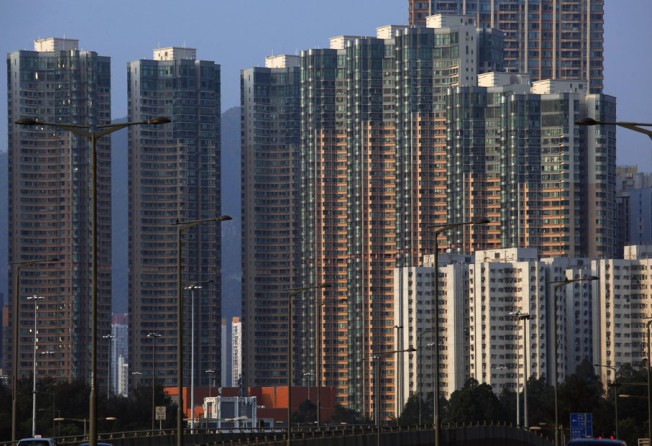Property market still open to loopholes

Few people disputed the need to cool the bubbly property market last year. But the way the government goes about it has been less than rational.
For once, our lawmakers are on the mark in their criticism even as financial services chief Chan Ka-keung tried to appease them by offering concessions on a bill before the legislature to confirm last year's doubling of stamp duty.
Here is an obvious loophole, which the government refuses to close.
If you buy several flats under a single contract, a waiver for the doubled stamp duty may be granted for all the flats.
Now you can't do the same with parking spaces. If you buy more than one parking space, you get no waiver even if you buy them all at the same time. This shows the government recognises a loophole.
Granted, it's not a big one.
The waiver only applies if you are a first-time flat buyer or own no property at the time of the purchase.
Not many speculators meet those conditions. But nothing stops them from using close relatives or trusted associates as fronts.
Chan said granting a waiver on only one property per transaction would be "very complicated". Really?
Another bone of contention has been the six-month deadline to qualify for a refund of the doubled stamp duty if you sell your only home then buy a new one, now extended by a few months as a concession.
First-time buyers also qualify for the refund. Such waivers for buyers of uncompleted flats may extend up to three years.
Now suppose you want to upgrade to a nicer flat from your old one. Why should you be pressured to make a purchase within, say six to eight months? It's your natural right to take your time to make what is for most people one of their most important life decisions.
There are, of course, obvious and direct means to crack down on speculation: start a capital gains tax and a tax on unoccupied flats and undeveloped land held by large developers.
Yet not only officials but many Hong Kong people - more than half of whom own their own homes - are biased against such taxes so they are not even on the cards.